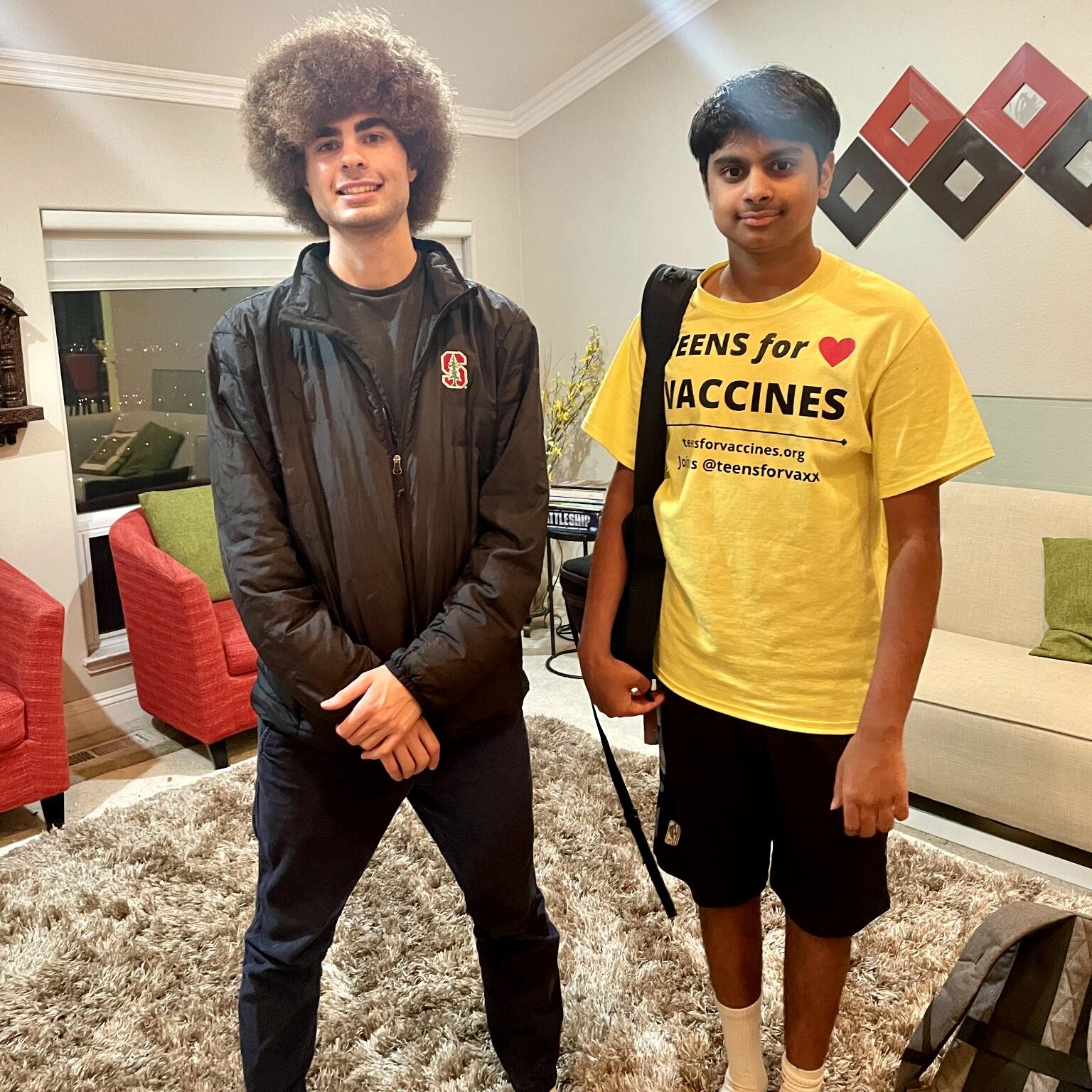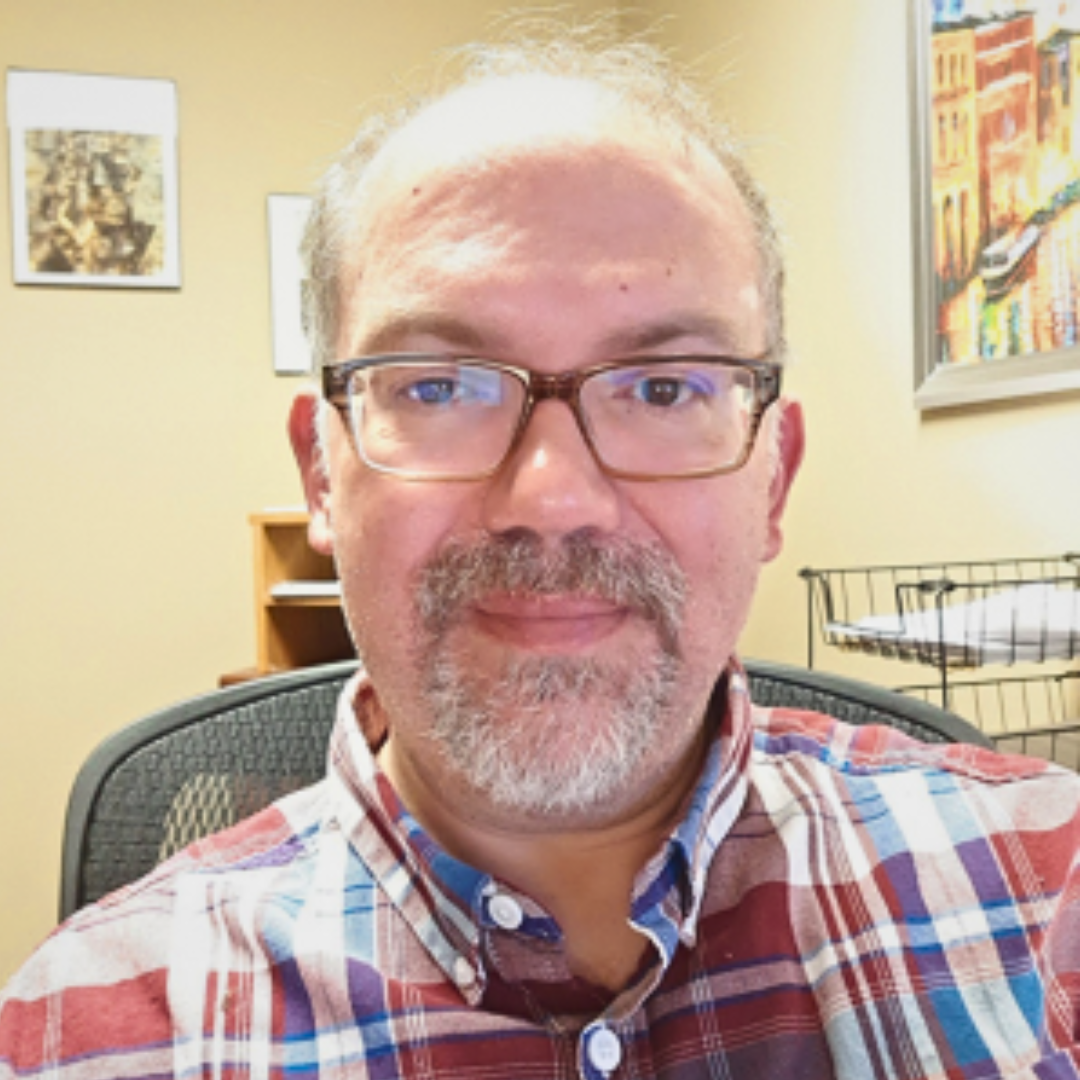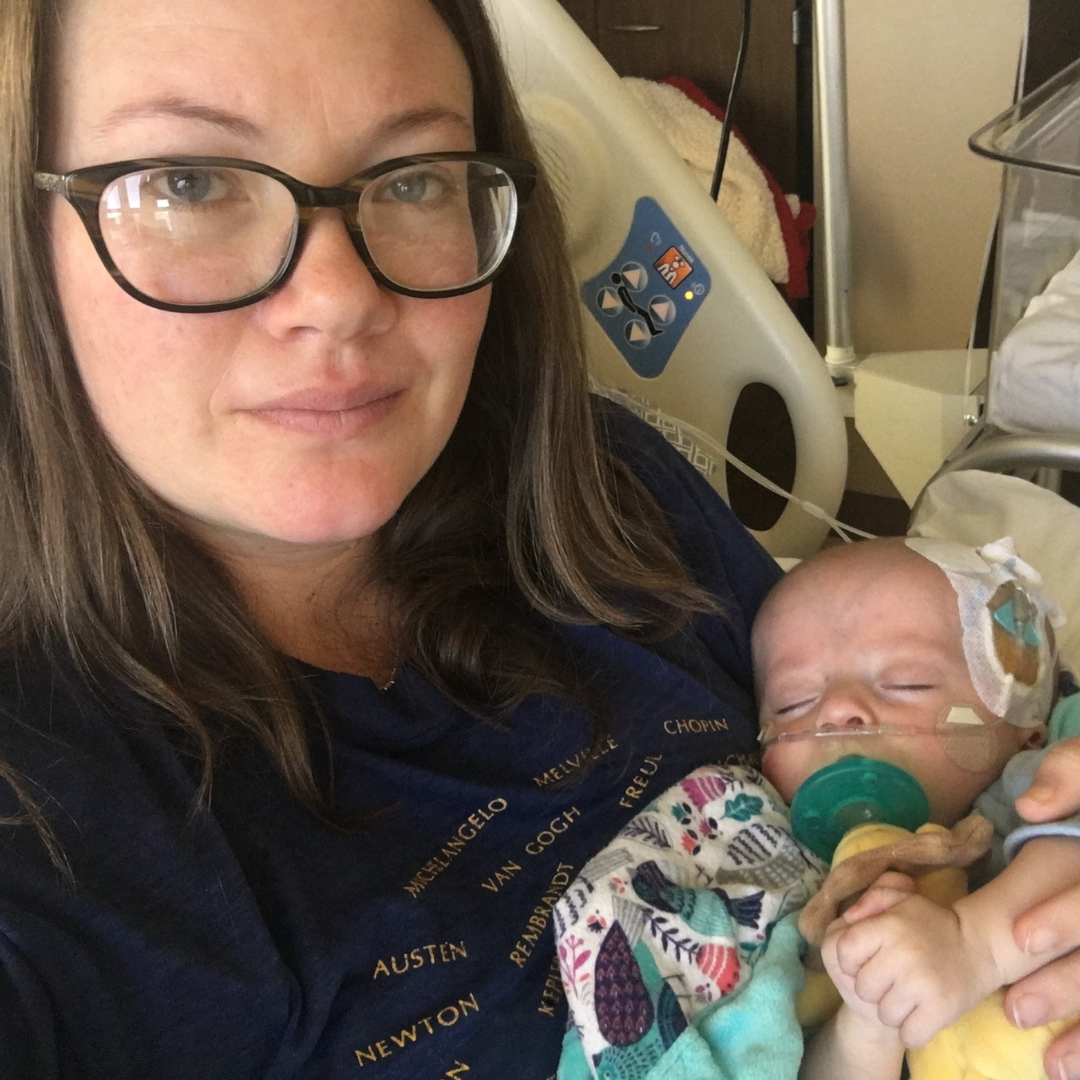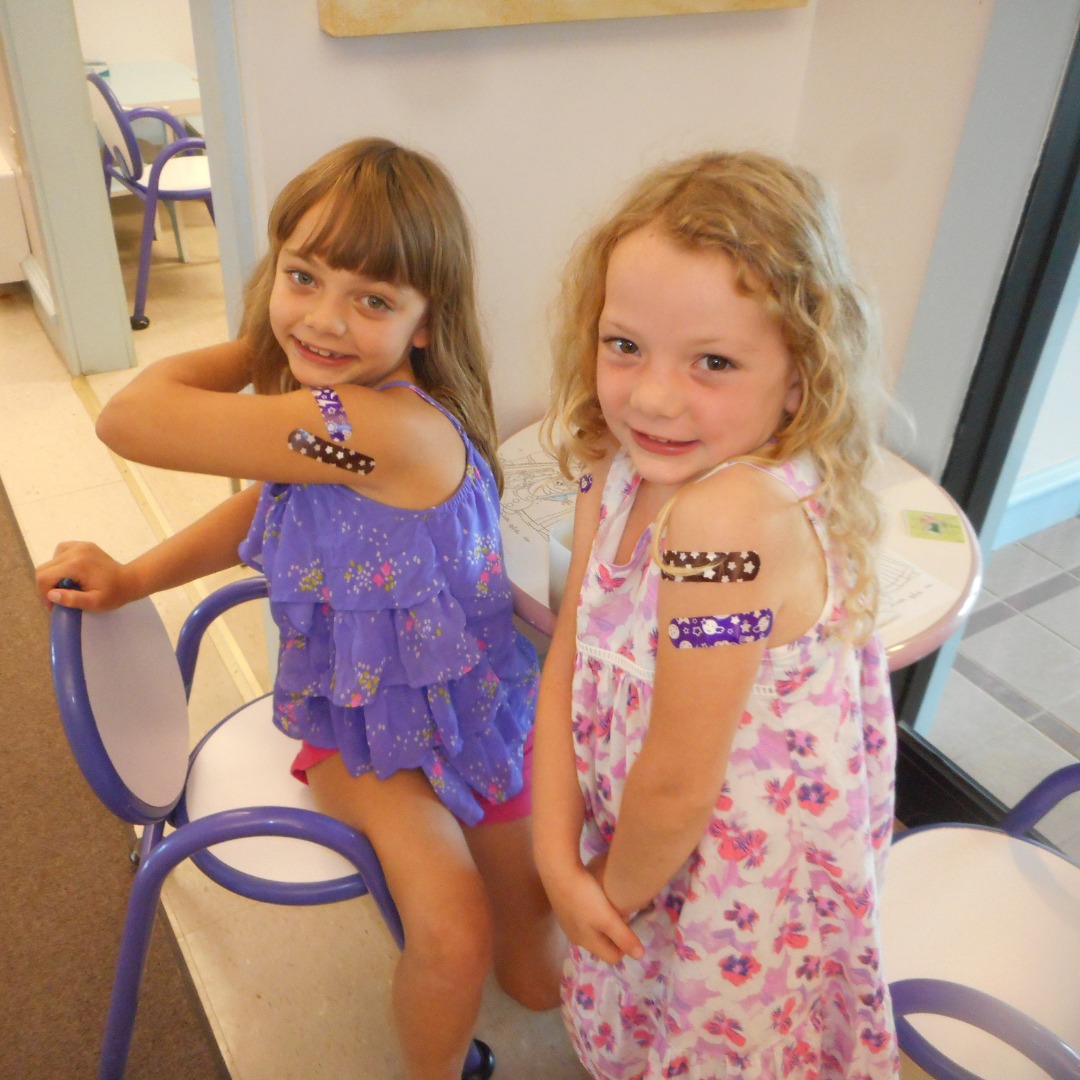By Arin Parsa
My world before COVID was a carefree and joyful one. I looked forward to going to school, playing with friends, pursuing my extracurriculars, and spending holidays with my grandparents and cousins! But when COVID hit nearly two and a half years ago, my life, similar to that of so many teens worldwide, changed dramatically for the worse. Not being able to visit friends and family, worrying about our aging grandparents and younger siblings, and waiting with bated breath for the vaccine so we can get our lives back, were some of the emotions many of us lived with. So when the COVID vaccine finally became available, my friends and I were thrilled! Many of us rushed with our parents to get it. We wanted to protect ourselves, and most of all, we wanted the pandemic to just end.
Unfortunately, it still feels like the consequences of COVID will be lasting. Despite billions of life-saving vaccination doses administered worldwide, rampant disinformation has continued to surge. It bothers me greatly that even routine vaccination rates have dropped to dangerous levels. When I read that worldwide measles cases increased by 79% earlier this year compared to last year, I couldn’t help but think of what we went through in 2019 with outbreaks across the United States. Despite the availability of a life-saving MMR vaccine, measles spread like wildfire within schools and communities where parents refused to vaccinate their children.
For me, the story of Brooke Balck was deeply touching. Brooke, an immunocompromised ten-year-old in Orange County in California, a few hours from where I live, couldn’t get vaccinated against measles due to a heart transplant. As a result, Brooke could not risk going to school. For me, it was gut-wrenching that children were still facing the threat of diseases for which we have prevention mechanisms.
Until I lived through that outbreak—which affected 73 people and required many more to quarantine—I was oblivious to my fortunate circumstances. My parents, who immigrated from India, having seen rampant polio cases in low-income neighborhoods without access to the vaccine, are pro-vaccine. So, they made sure that I got a wellness check at the doctor every school year and got my shots up-to-date. Like most children, I don’t like needles, but trusting my doctor and knowing that it is a few minutes of discomfort but a lifetime of protection always helped me get through those visits. But not all children and teens are as fortunate as I am.

Back then, due to the measles scare, many teens were desperately seeking information on how to convince their parents to allow them to get the vaccine; their messages spoke volumes of their fear, helplessness, and sadness. I was trying to help such teens find appropriate resources. But in the majority of the states, parental consent is required for a teen to get the vaccine, so a relative or friend of the family taking them to an appointment doesn’t help them. I came to realize that parental hesitancy, vaccine access issues, and lack of teen rights to self-consent to vaccines were causing widespread inequities and deeply affecting us.
Sadly, not much has changed for us teens since the 2019 measles outbreaks. The COVID-19 pandemic has disproportionately affected teens of vaccine hesitant and anti-vax parents, and adults largely drive the pandemic discourse. The desperate voices of teens who believe in the science of vaccines to end this terrible pandemic are mostly lost in the numbers game of vaccine efficacy, deaths by age group, and politics. With us teens largely dependent on parental consent, such imbalanced narratives are insensitively prolonging the pandemic and continue to put our physical and mental health at grave risk.
I got vaccinated against COVID, HPV, measles, meningitis, flu, and other deadly diseases, because I believe in the science of vaccines to protect myself and reduce the chance of spreading to others. I could never live with knowingly infecting those around me, some who, unbeknownst to me, maybe immunocompromised or have an at-risk loved one at home. Vaccines are a modern miracle of science, and although rare cases of side effects do exist, it is one of the best tools we have to contain and eradicate deadly diseases. The alternative to vaccines is one where our lives and futures are held hostage to deadly pathogens. Science, love, and a commitment to protect each other are the only ways we can conquer diseases.
Arin Parsa is the founder of Teens for Vaccines, and co-founder of Teen Opinions Matter. His story, like all others on this blog, was a voluntary submission. If you want to help make a difference, submit your own post by emailing Noah at [email protected]. We depend on real people like you sharing experience to protect others from misinformation.



